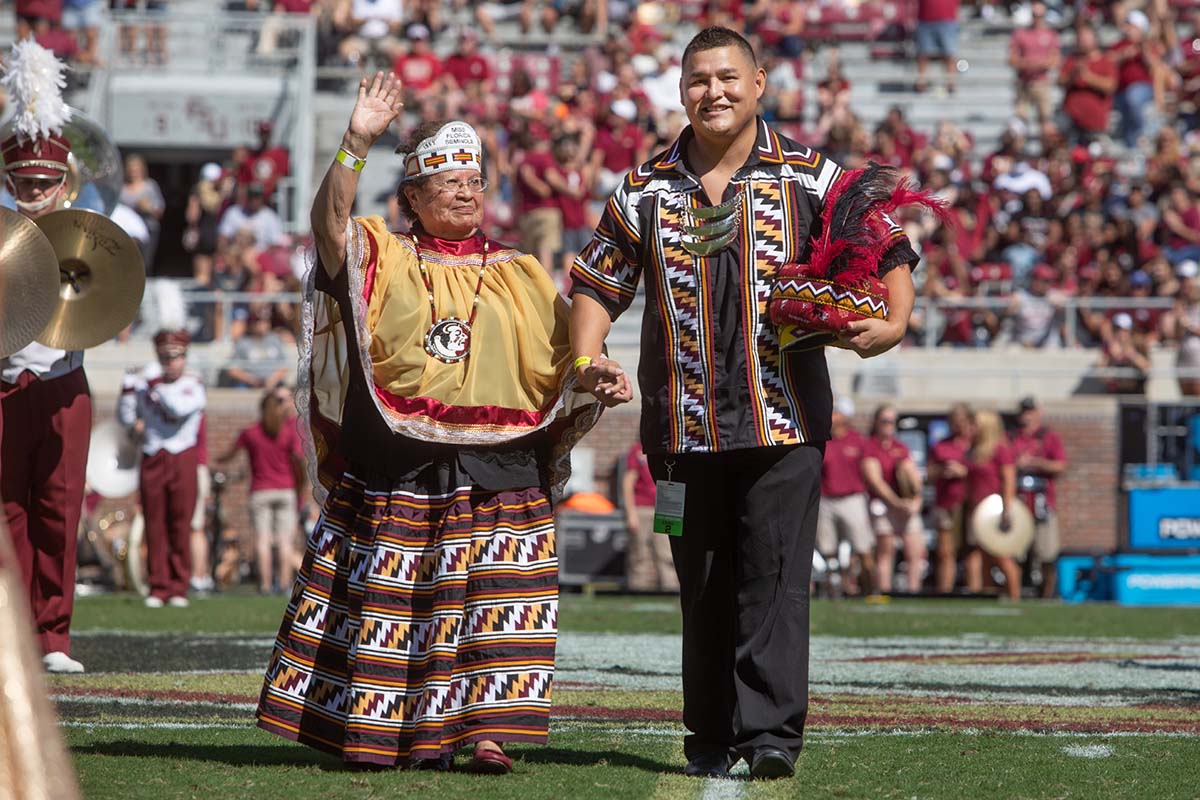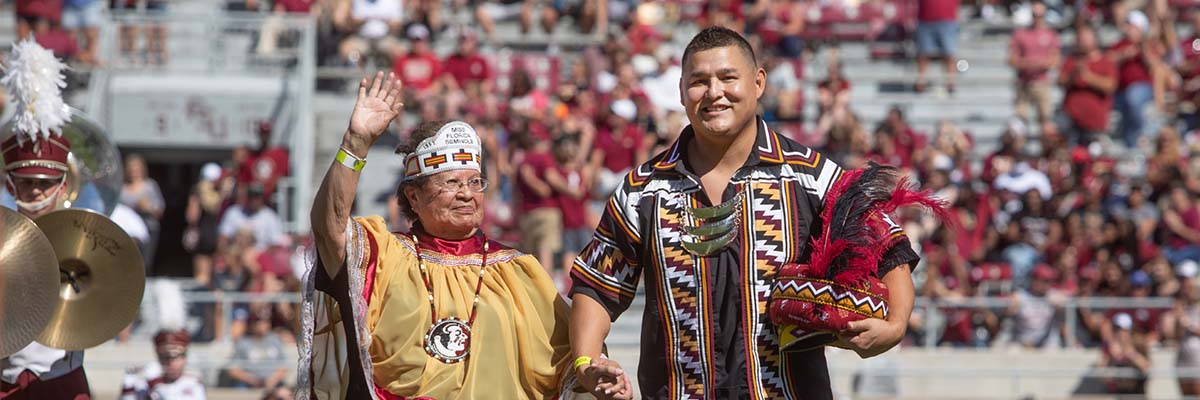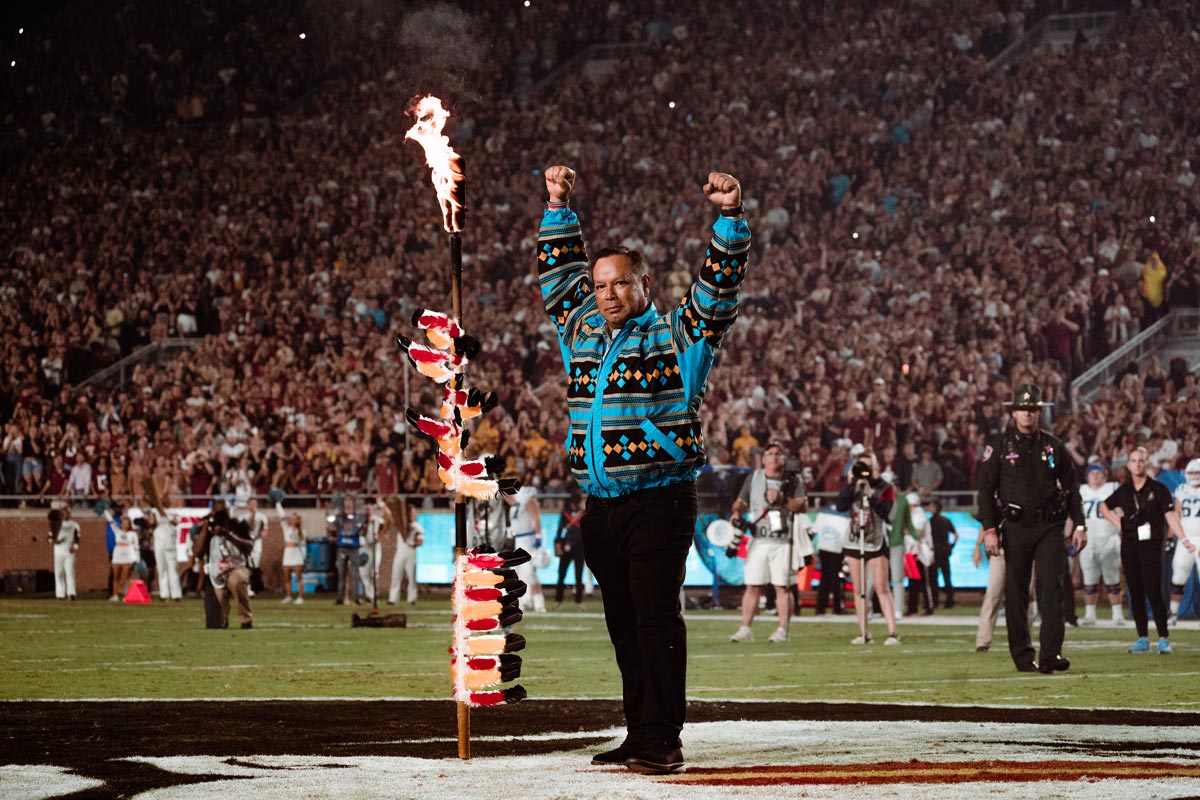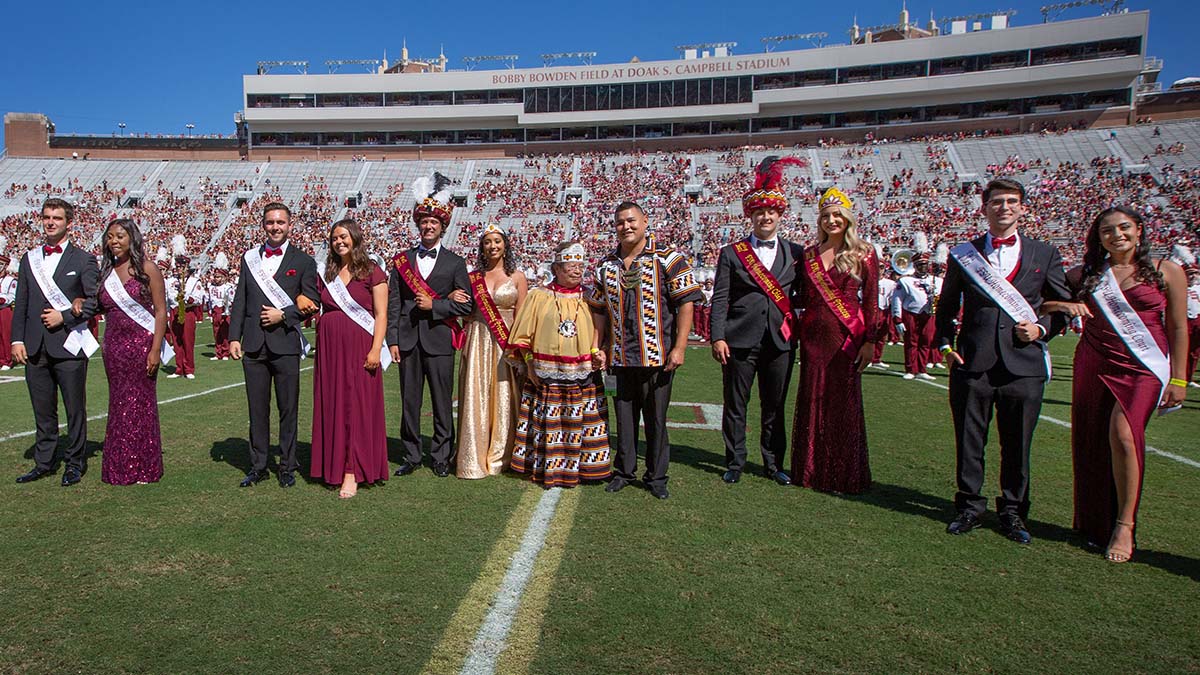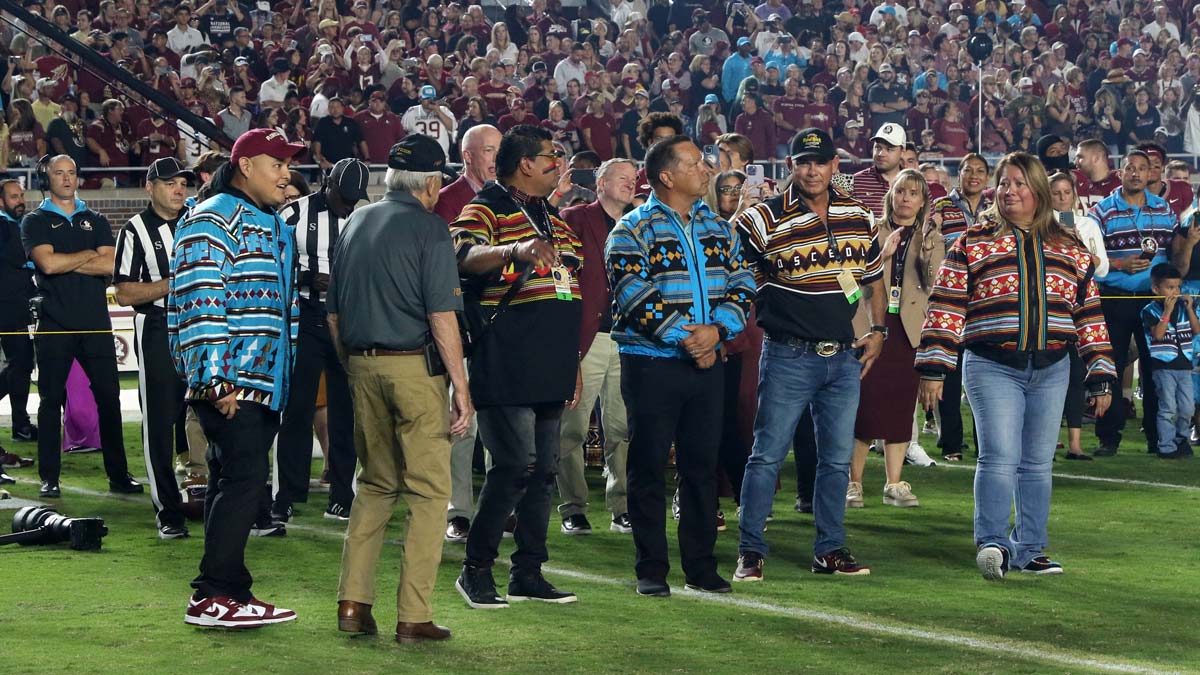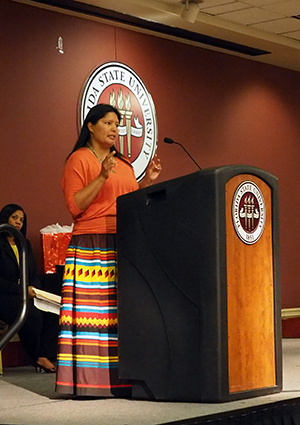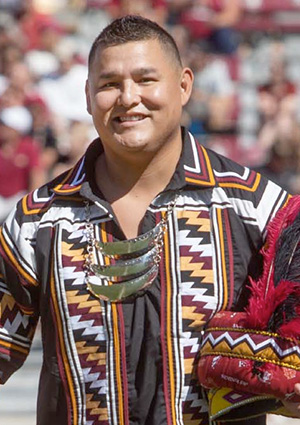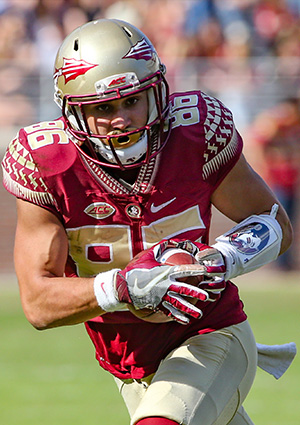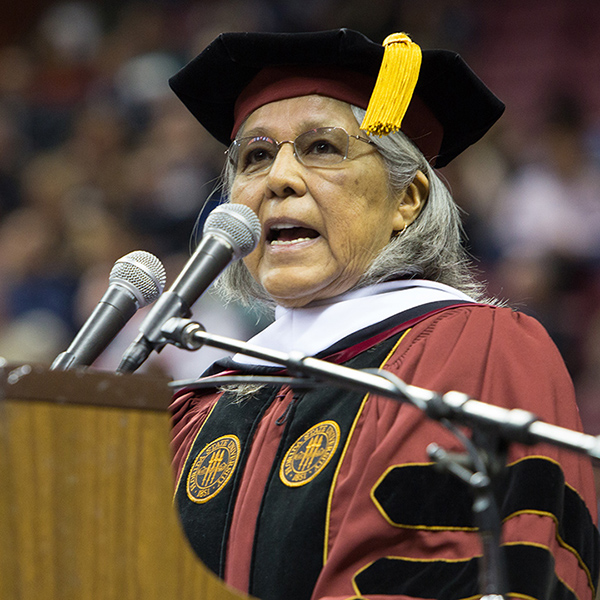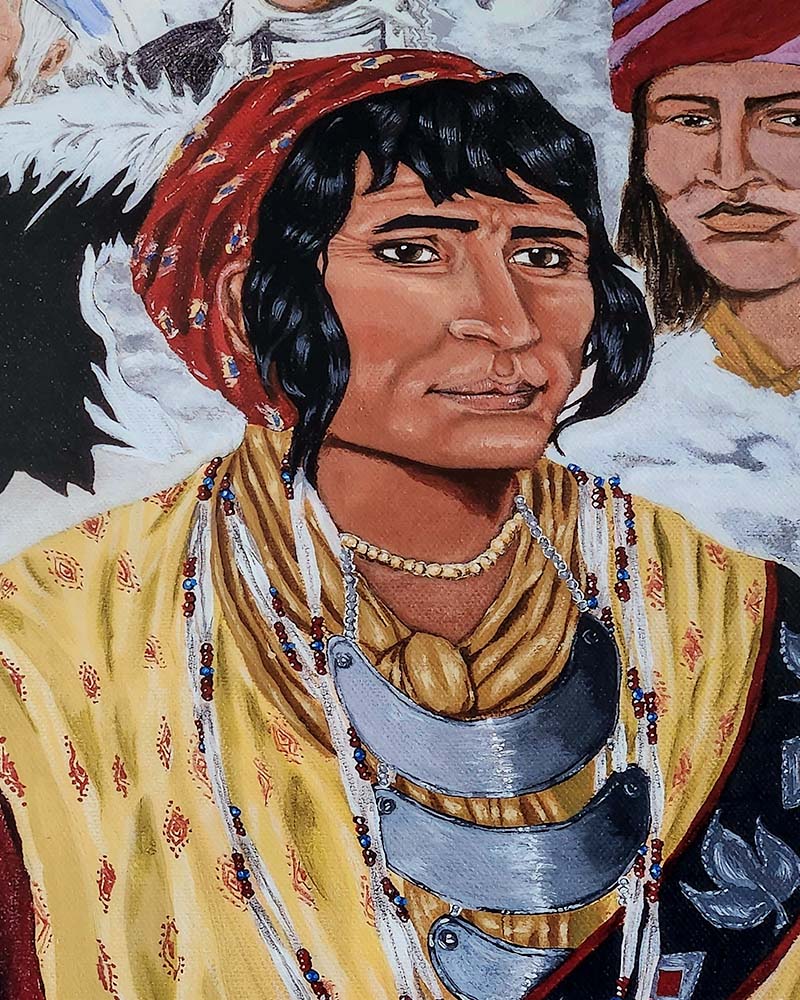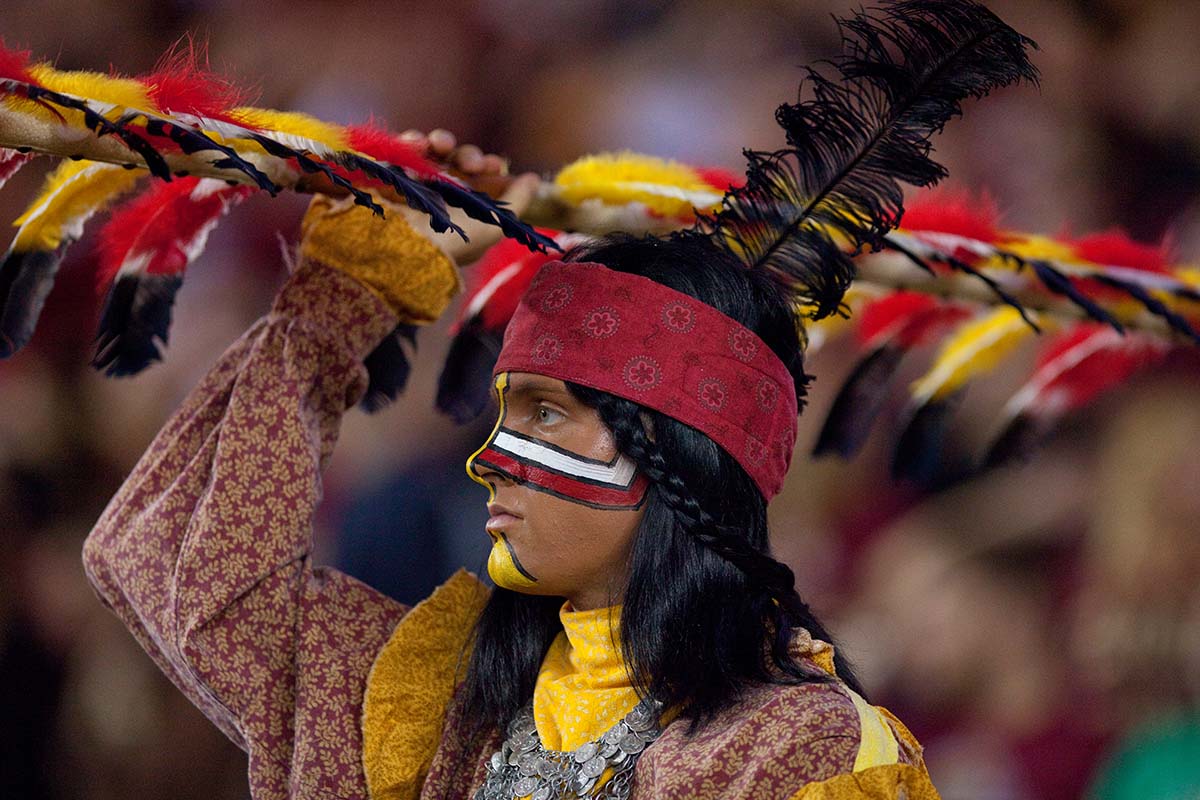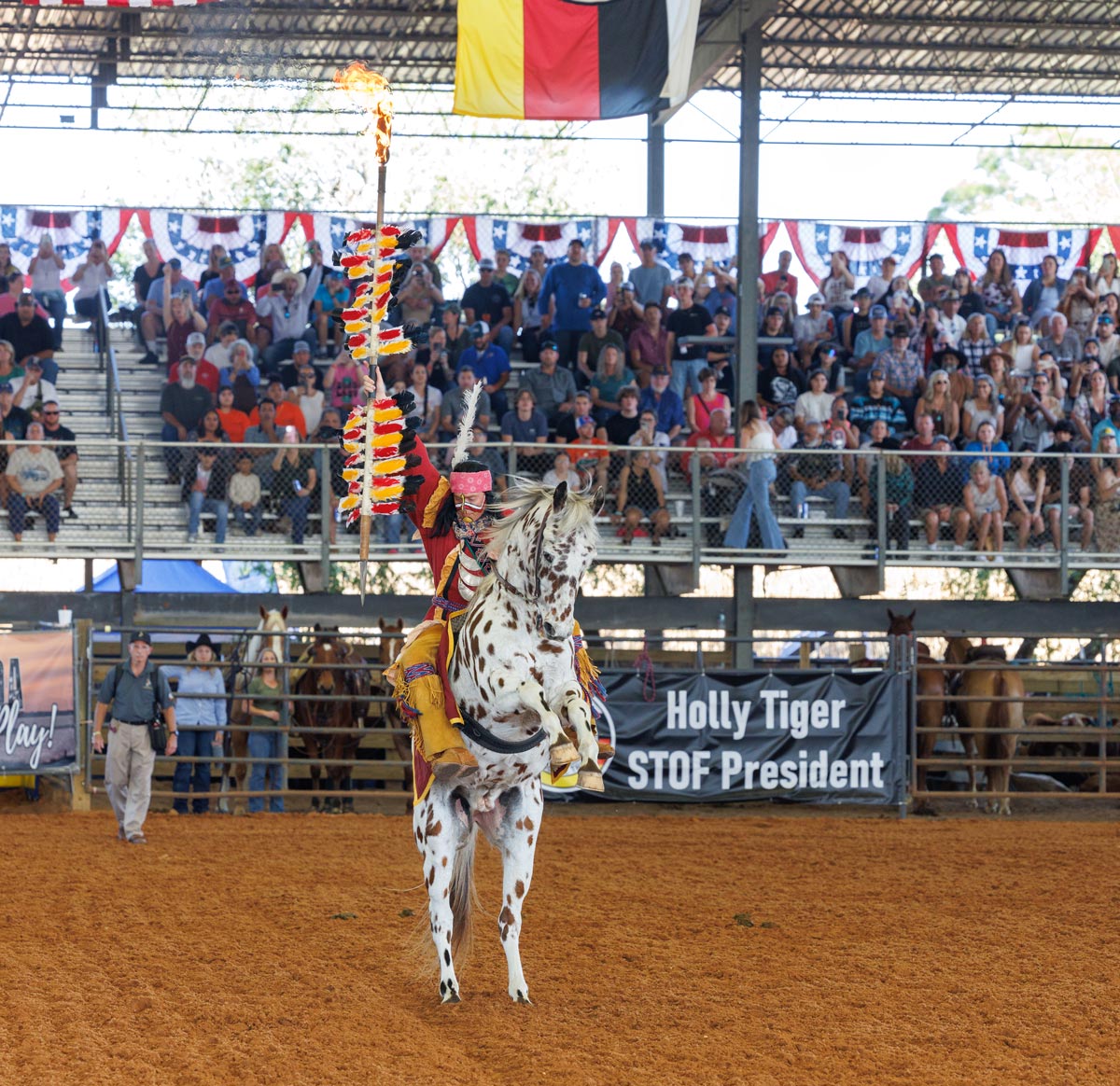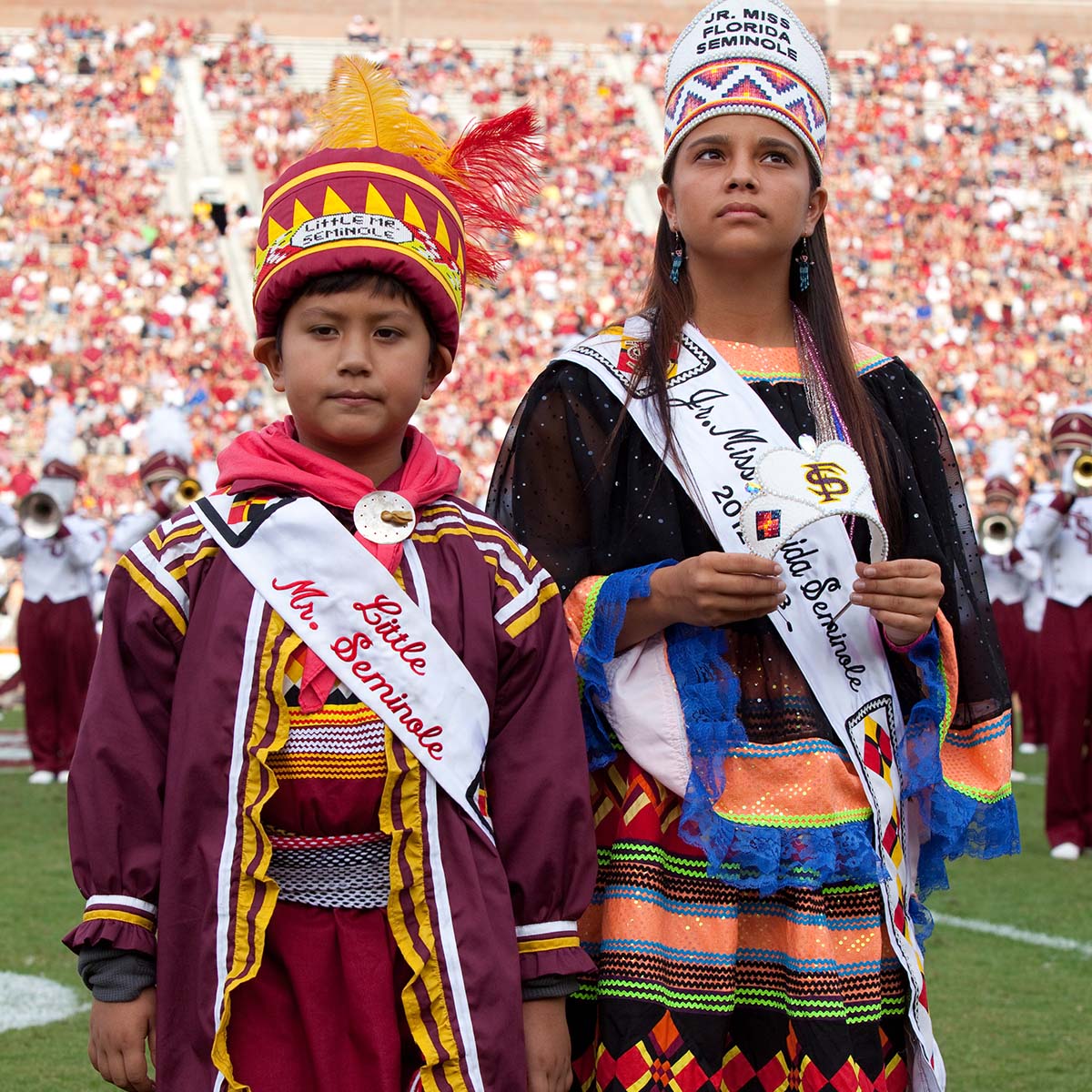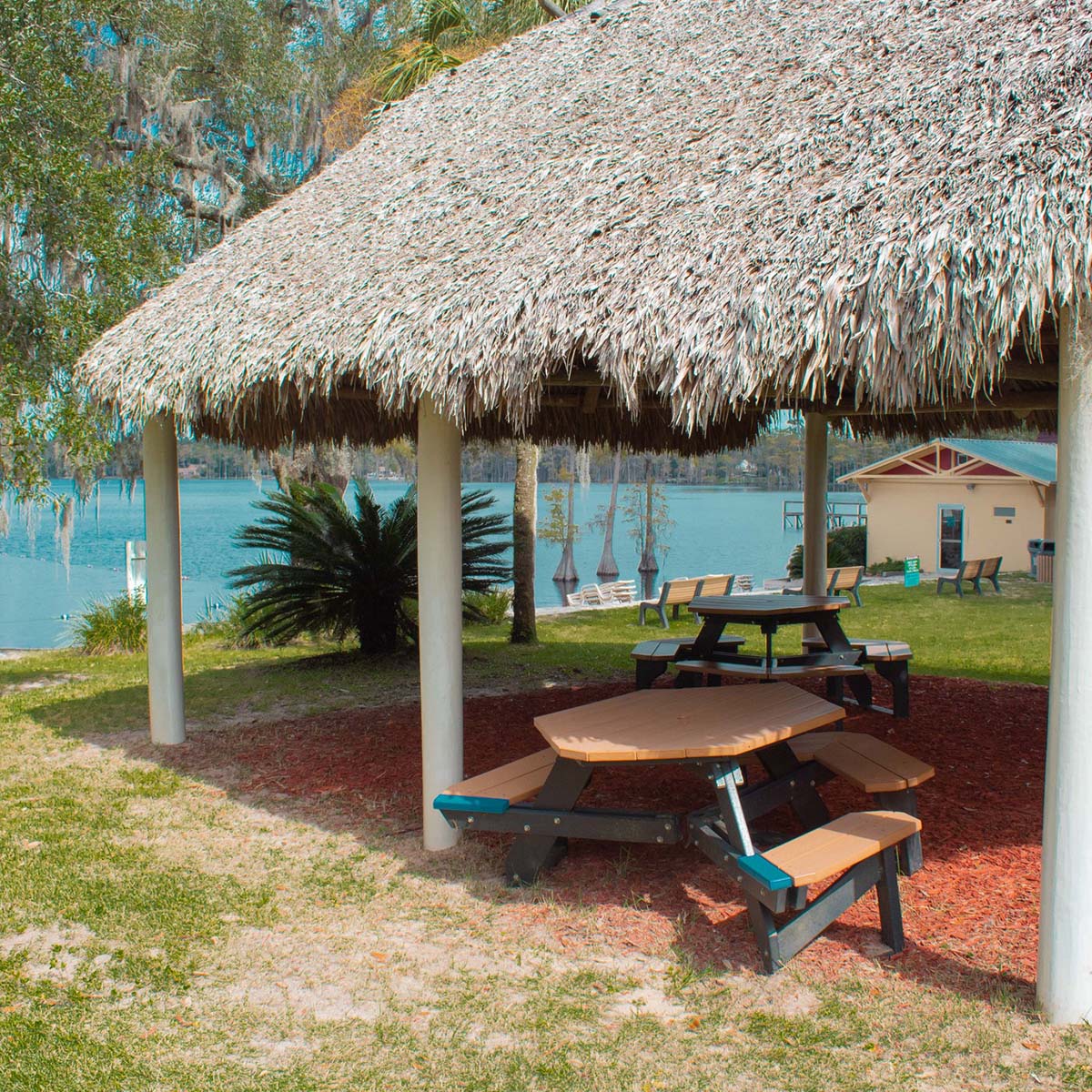Top Things to Know
Who are the Seminoles?
The Seminole Tribe of Florida (STOF) is one of more than 560 federally recognized tribes in the United States. They are a tribal nation, and as such have tribal sovereignty. Tribal sovereignty works alongside state and federal sovereignty on Seminole lands and in the Tribe’s relationship with the State of Florida and the United States. Its Tribal Headquarters is on the Hollywood Reservation, but the Tribe has other reservations at Big Cypress, Brighton, Immokalee, Ft. Pierce, and Tampa.
The Seminole Nation of Oklahoma is a separate federally recognized tribe in the United States. They are historically related to the STOF, but they have a separate government, located in Wewoka, Oklahoma. The Miccosukee Tribe of Indians of Florida is another federally recognized tribe in the United States.
The Miccosukee live in South Florida and have three reservations areas: There are reservation areas along Tamiami Trail, Alligator Alley and Krome Avenue in Miami-Dade County.
Seminole Tribe of Florida Chairman Marcellus W. Osceola Jr. gestures to the crowd after planting the spear at midfield Oct. 21, 2023.
Today, Florida State University and the Seminole Tribe of Florida are partners who work side by side to ensure that use of its name and iconography is done with respect and permission. FSU and the STOF continue to collaborate and ensure that the relationship is built on mutual respect and friendship.
Evolution of Relationship with the Seminole Tribe of Florida
The partnership between the Seminole Tribe of Florida and Florida State University has existed for decades and is constantly evolving. The partnership is much older than the 2005 resolution defending the partnership by the Seminoles' elected council. For many decades the university has worked side-by-side with the Tribe on public and private issues of mutual interest. Since the 1970s, for example, Miss Florida Seminole, her family members, and elected tribal officials have participated in FSU’s homecoming. This tradition began on the suggestion of the Tribe who at the time was fighting for public recognition.
Important Individuals in Seminole & FSU Relationship
Seminole Governance and Current Council of Seminole Tribe of Florida
The Seminole Tribe of Florida has its own constitution and has a democratically elected government. Citizens of the Seminole Tribe of Florida are also citizens of the state of Florida and the United States. As such, they have all of the obligations and responsibilities of other Floridians as well as those to their Tribe.
Seminole Tribe of Florida Tribal Council members Larry Howard, Marcellus Osceola Jr., Christopher Osceola, and Holly Tiger are recognized as honorary captains before the 2023 Homecoming game.
Prominent Alumni
Carla Gopher was the first Seminole to graduate from FSU (1996).
Kyle Doney graduated from FSU in 2007. He is the executive director of the Native Learning Center at the Seminole Tribe of Florida. Doney is a member of the Alumni Association board and liaison between the Tribe and university.
Justin Motlow graduated in 2017. He played wide receiver for the FSU football team (2015-2017). He is the first member of the Seminole Tribe to play in a football game at Florida State and the first to score a touchdown.
Honorary Degrees
- Betty Mae Tiger Jumper received an Honorary Doctorate in Humane Letters in 1994. Jumper was the first and still only woman to be elected chairwoman of Seminole Tribe of Florida. She was the first Seminole to graduate from high school (1945) and she later graduated from nursing school. Before she rose to chairwoman, she helped create the Seminoles' Health Department and its newspaper (now the Seminole Tribune). She was also a storyteller and author, spending much of her adult life educating the public about the history and culture of the Florida Seminoles.
- Jim Shore received an Honorary Doctorate of Law in 2005. A tribal member and longtime general counsel for the Tribe, he was honored for his role in fighting for Tribal sovereignty and for Everglades restoration. He was instrumental in crafting the Water Rights Compact with the State of Florida in 1987, the only such compact to remain in operation east of the Mississippi. Shore, who has been blind since a car accident in 1970, was the first Tribal member to graduate from law school (Stetson in 1980).
- Louise Gopher received an Honorary Doctorate of Humane Letters in 2014. She was the second Seminole Tribal member to graduate from college. She served as the Tribe’s Director of Education for many years and was essential to the creation of the Seminoles' Pemayetv Emahakv charter school on the Brighton Reservation. FSU also bestowed her with the Westcott Award in 2007.
The Real Osceola
Osceola was a prominent Seminole warrior during the Second Seminole War (1835-1842). He was not a chief or a head warrior. In 1837, the United States military imprisoned him when he, along with many other Seminoles, went to St. Augustine to negotiate an end to the fighting. The capture of the Seminole diplomats violated the U.S. military code and outraged the Seminoles as well as white and Black critics of the war. Osceola died in a U.S. prison a few months later, making him a martyr for the cause of Seminole freedom.
Learn more about Seminole Tribe of Florida Member Erica Deitz’s Artwork, “Osceola’s Vision” displayed in the FSU Student Union.
Not a Mascot
FSU pays tribute to the resilience and courage of the Florida Seminoles when it refers to and represents the Seminole name and other symbols such as Osceola and Renegade. The Florida Seminoles are our partners, not our mascots. The Seminole Tribe of Florida ensures that any display of its culture and symbols are consistent with both the Tribe’s and the university’s values. Seminoles design and create the authentic apparel worn by the FSU students portraying Osceola. These appearances adhere to the official wishes of the Seminole Tribe of Florida. As partners, we engage in continuous conversation regarding this symbolic representation.
Osceola & Renegade plant the spear at 2025 Brighton Rodeo, February 2025.
Patchwork
The Florida Seminoles wear a unique form of patchwork clothing that is an integral part of their culture. Seminole women began making patchwork in the early twentieth century, combining multiple strips of cloth for a distinctively Seminole aesthetic. Tribal members then and now wear patchwork skirts, shirts, vests, or jackets as everyday clothing, and they often wear it alongside non-Indigenous pieces of clothing. Wearing patchwork clothing connects the Tribe to their past, their families, and their communities.
Chickees
Seminoles have historically lived in open-walled, thatched roof homes called chickees. They have never lived in teepees, a portable housing structure used by many Indigenous people on the Plains. Chickee is a Seminole word that translates to “house.” Seminoles typically use cypress logs for their frames and palm thatching for roofs. Chickees are permanent and durable structures that are designed to endure the ecology of the wet South Florida interior. Today, many Seminoles build chickees in the backyards of their western-style homes and at their parks, schools, and other public places.

